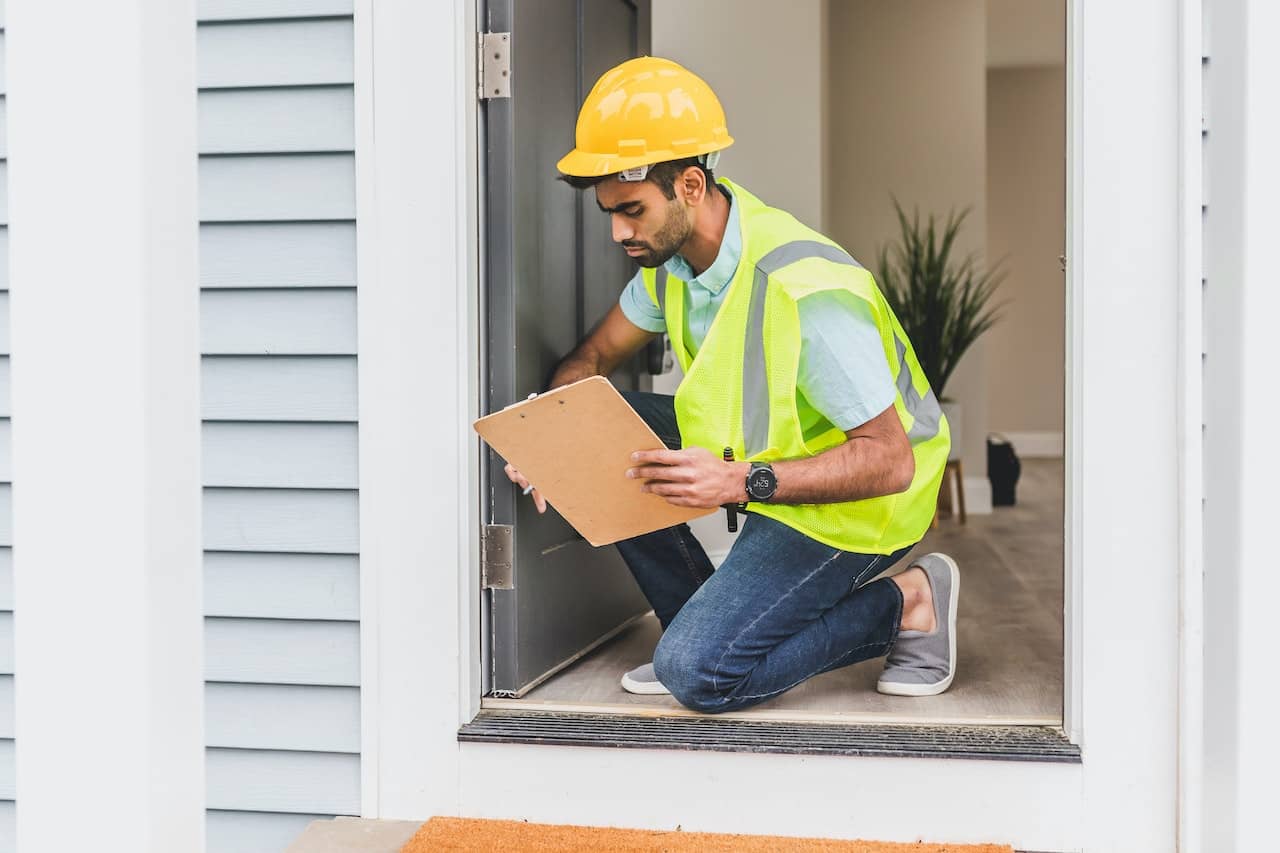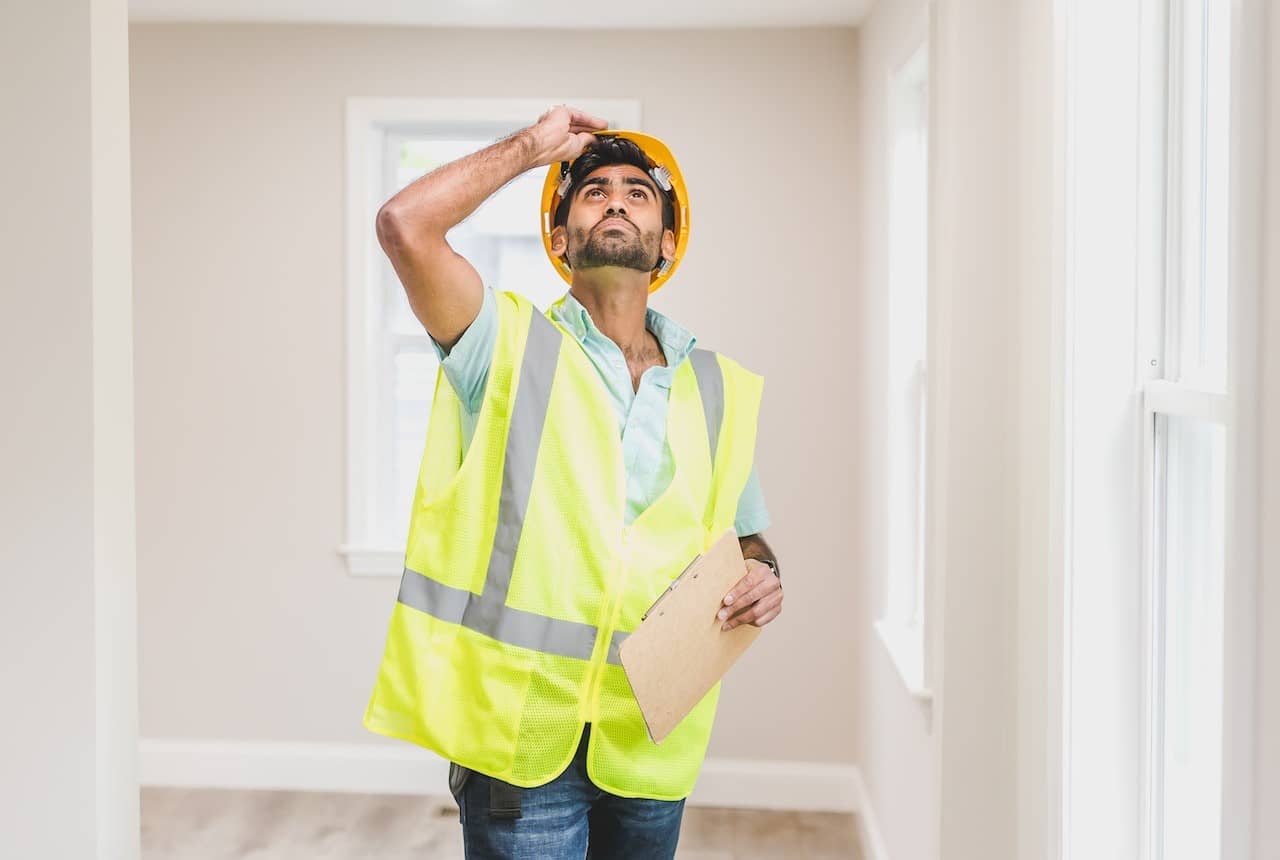In today’s fast-paced world, where technology and innovation are transforming every aspect of our lives, it’s no surprise that even the way we manage and maintain our homes is evolving. One emerging trend that’s catching the attention of homeowners, tenants, and property experts alike is the idea of regular house inspections becoming the new norm. But why is this shift occurring, and what benefits does it offer? Let’s delve into the world of property management and explore the reasons behind this evolving practice. We will also delve into the importance of taking the right steps when making a housing disrepair claim.
Understanding the Need for Regular House Inspections
Imagine this: you’ve finally found the perfect rental property after weeks of searching. The location is ideal, the layout suits your lifestyle, and the landlord seems friendly and accommodating. However, as you settle into your new abode, you start to notice minor issues cropping up. A leaking tap, a malfunctioning electrical outlet, and signs of dampness in the corners of your bedroom. While these problems might seem trivial at first, they can quickly escalate if left unchecked. This scenario sheds light on the core reason why regular house inspections are gaining traction – proactive maintenance.
The Changing Perspective on Property Management
Traditionally, property inspections were conducted primarily during move-in and move-out phases. Landlords and property managers would assess the condition of the property before a new tenant moved in and again once the tenant decided to leave. However, this reactive approach often led to problems being detected only after they had worsened, resulting in higher repair costs and tenant dissatisfaction.
Now, property experts are recognising the importance of a more frequent and proactive approach to property inspections. Instead of waiting for tenants to report issues, landlords are taking the initiative to inspect their properties on a regular basis, identifying problems early on, and addressing them before they escalate. This shift in perspective stems from a broader understanding of the benefits that regular inspections offer to all parties involved.
How Often Should Property Inspections Be Done?
One question that often arises in discussions about regular house inspections is how often they should be conducted. While there’s no one-size-fits-all answer, experts suggest that inspections should occur at least every six months. This timeframe strikes a balance between ensuring that potential issues are caught early and not overburdening tenants with frequent disruptions. Regular inspections provide landlords with the opportunity to assess the overall condition of the property, make necessary repairs, and ensure that it remains compliant with safety and health standards.
Landlords’ Moral Responsibility to Check Property Conditions
Beyond the practical advantages of early issue detection, the moral responsibility of landlords to provide safe and habitable living spaces for their tenants cannot be overlooked. Renters place their trust in landlords to maintain the properties they call home. Regular inspections enable landlords to fulfil this responsibility by ensuring that properties are in good condition, free from hazards, and conducive to a high quality of life.
Imagine a scenario where a landlord neglects regular inspections. A small leak in the roof goes unnoticed, causing gradual water damage to the ceiling. Over time, this damage worsens, leading to mould growth and compromising the air quality within the property. Not only does this pose health risks to the tenants, but it also reflects poorly on the landlord’s commitment to their tenants’ well-being. By conducting regular inspections, landlords demonstrate their dedication to maintaining safe and comfortable living environments.
The Tenant’s Perspective: Building Trust Through Transparency
From a tenant’s standpoint, the practice of regular house inspections can be seen as a sign of transparency and commitment from landlords. When tenants know that their living spaces will be regularly assessed and maintained, they feel reassured that their concerns will be addressed promptly. This transparency builds trust between tenants and landlords, fostering a positive tenant-landlord relationship. Moreover, tenants are more likely to take better care of the property when they witness the landlord’s dedication to its upkeep.
Making a Housing Disrepair Claim
While regular inspections aim to prevent issues from escalating, it’s important to acknowledge that there might be instances where problems arise due to negligence or lack of maintenance. In such cases, tenants have the right to make housing disrepair claims. These claims allow tenants to seek compensation or necessary repairs from landlords when the property’s condition significantly deteriorates, affecting their quality of life. Regular inspections can play a role in minimising the likelihood of disrepair claims by addressing issues before they reach a critical point. If the landlord or housing association is not taking the housing disrepair seriously enough, it is best to contact National Claims in order to find out how best to start your housing disrepair claim. Our claims specialists will be able to guide you throughout the claims process and support you throughout the entire claim.
Future Implications: Shaping the Norms of Property Management
As the concept of regular house inspections gains traction, its implications for the future of property management are significant. The rental market is becoming increasingly competitive, and landlords who prioritise regular inspections may attract more responsible and satisfied tenants. Property management companies are also recognising the value of this approach and incorporating it into their service offerings.

Conclusion
In conclusion, the shift towards regular house inspections is rooted in the principles of proactive maintenance, moral responsibility, transparency, and trust-building. As property management practices evolve to meet the demands of a changing world, the benefits of conducting regular inspections are becoming clear. Landlords, tenants, and property experts alike are acknowledging that this practice has the potential to redefine the norms of property management, leading to safer, more comfortable, and better-maintained living spaces for everyone involved. So, if you’re a homeowner or a tenant, it might be time to embrace this trend and reap the rewards it offers. And remember, whether you’re a landlord or a tenant, fostering open communication and a proactive approach to property maintenance can pave the way for a harmonious and satisfying living experience.
Contact us today to start your claim and learn more about how we at National Claims deal with housing disrepair.
Click below to see why we are one of the most trusted claims management companies in the UK.

We’re proud of our excellent customer reviews
We thrive on delivering exceptional service and ensuring our clients’ satisfaction. Don’t just take our word for it. Check out some of our independent reviews to see what our clients have to say.
Excellent

This firm is excellent, they sorted out my car pay out and injury claim very fast, they always communicate with you all the time.

My accident case was dealt with confidence and with great result of the outcome, especially James kept me informed all the time.

I was very impressed at the way my inquiry was treated. I was listened to attentively and everything I needed to know was explained to me.






